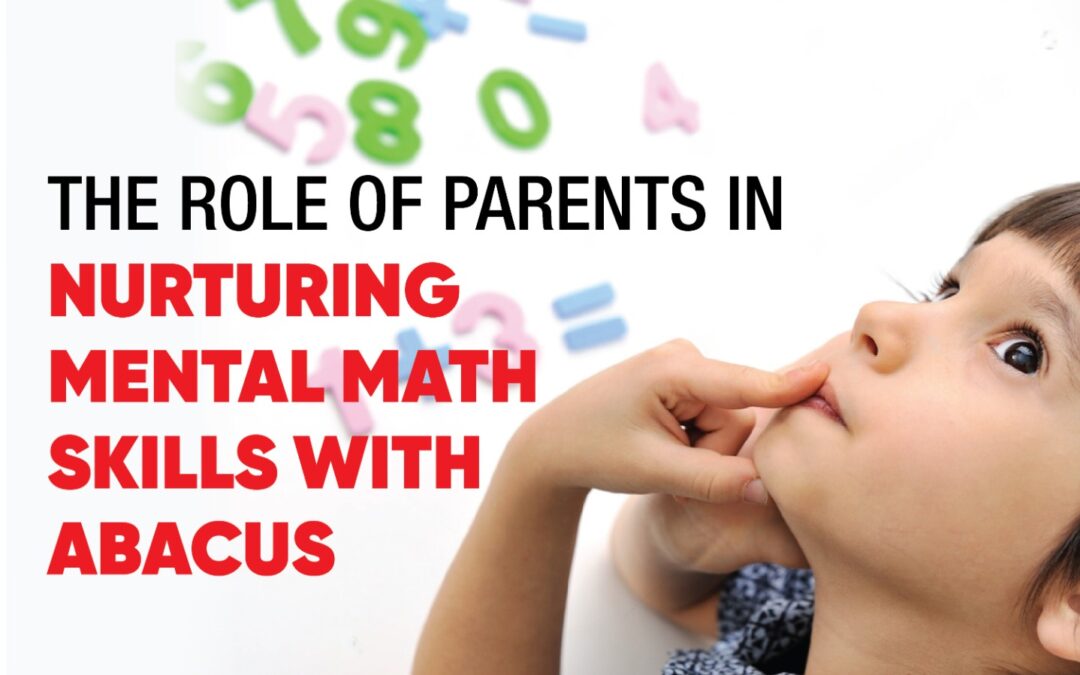In the ever-evolving landscape of education, parents play a pivotal role as the first and most influential educators in a child’s life. When it comes to nurturing mental math skills, the partnership between parents and innovative tools like the Abacus can shape a child’s mathematical journey in remarkable ways.
As young minds embrace the Abacus, parents step into the role of guide and cheerleader, fostering a foundation that goes beyond numbers. By infusing everyday activities with mathematical wonder, parents can ignite a lifelong love for learning and problem-solving.
1.Creating a Mathematical Mindset:
Parents are architects of mindset. By framing mathematics as an exciting adventure rather than a daunting challenge, they instill confidence and curiosity. The Abacus becomes a magical tool, transforming arithmetic into a captivating puzzle to solve.
2. Learning Through Play:
Play is the gateway to learning. Parents can integrate Abacus activities into playtime, transforming ordinary moments into opportunities for mental math growth. Counting toys, arranging snacks, or even tracking time become engaging exercises that build mental agility.
3. Everyday Abacus Integration:
Beyond structured learning sessions, parents can seamlessly incorporate the Abacus into daily routines. Whether it’s measuring ingredients during cooking or calculating pocket money, these interactions nurture a practical grasp of numbers.
4. Celebrating Progress:
Recognising achievements, no matter how small, fuels motivation. Parents can celebrate their child’s Abacus milestones, reinforcing the message that perseverance leads to progress. This encouragement cultivates a growth mindset and resilience.
5. Embracing Problem-Solving:
The Abacus transforms complex problems into solvable equations. Parents can present challenges that intrigue and captivate, fostering critical thinking and analytical skills that extend far beyond math class.
6. Fostering Mathematical Conversations:
Meaningful conversations about math open doors to deeper understanding. Parents can engage children in discussions about the patterns and relationships they discover on the Abacus, nurturing their ability to articulate and share their insights.
7. Unleashing Creativity:
Math and creativity go hand in hand. Parents can encourage their children to explore the Abacus in imaginative ways, sparking a dynamic synergy between logic and innovation.
In the nurturing hands of parents, the Abacus becomes a transformative tool that shapes young minds into confident, curious, and capable problem solvers. The journey is not just about mastering numbers; it’s about igniting a spark that fuels a lifelong passion for learning and a profound understanding of the world.”



Recent Comments